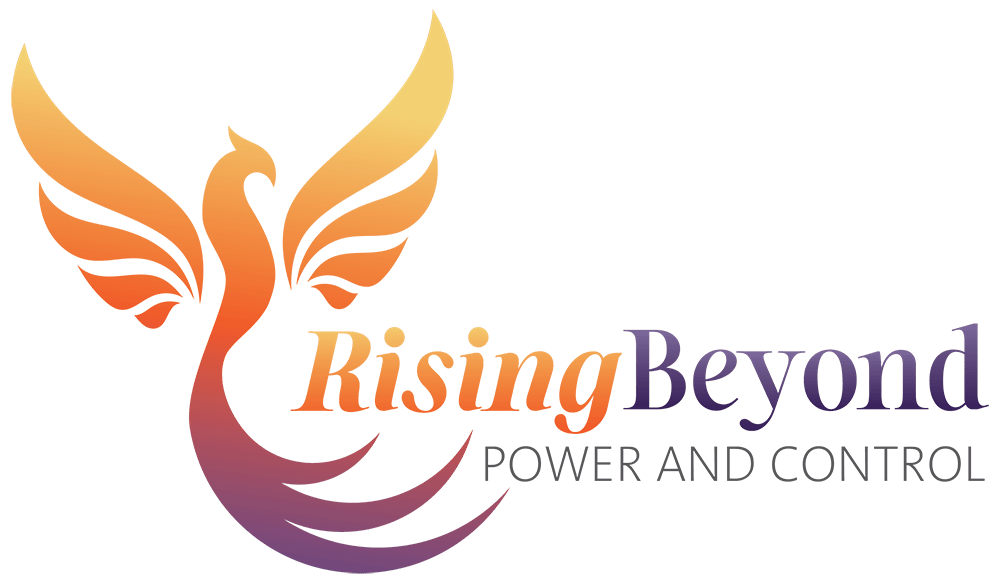 How many times do you hear women say, “I did it for my children"? It’s nearly a universal answer. We sought an education or a new job to give them a better life. If they need extra care, we find a way to spend less time at work and more time with our children. We move to a better school district. We travel to find the right specialist. We throw them a birthday party when what we really need is a new bra and underwear or maybe a medical procedure with a decent copay and some recovery time. This is the world that we live in. I know that I built my entire mid-twenties to mid-thirties around mothering. It’s what culture tells us is an acceptable use of our time and resources. We are praised for it. It feels good. Until you do something for yourself, which may also be for your children, but the primary goal is your wellness. Then people start to talk, and those around you who benefit from your martyrdom become angry. Now, they are having to spend some of their time and resources parenting. It is appalling to society and to a partner who feels fully entitled to use all of their resources for their benefit and think that women should be the only one to sacrifice time and resources for child rearing.
0 Comments
By Sybil Cummin, MA, LPC, ACS

How often do you find yourself saying “Yes” to something you know you do not have the time or bandwidth to take on just to avoid conflict?
I think this is an extremely common occurrence, especially for women. But, if you are healing from domestic violence, narcissistic abuse, or an abusive family of origin, these patterns of saying “Yes” may be more than just trying to avoid hurting someone’s feelings…these patterns likely allowed you to survive. I’ve just wrapped up a conversation with my new friend Anita Sandoval on The Rising Beyond Podcast, and I feel like this episode can be used as a guide to move you from constantly fawning and people-pleasing to feeling more empowered to make decisions based on your needs and wants. Anita shared some personal experiences that were tough and led to her constantly foregoing her own needs in order to take care of an abusive partner and stay in the good graces of her family. She would likely say that challenging these patterns was not a walk in the park but was well worth it. So, pull up a chair, and let's unpack some of the lessons that can be learned from this conversation. By Sybil Cummin, MA, LPC, ACS  Maintaining a meaningful connection with your child when stuck in a “high-conflict” co-parenting situation can be a daunting task, especially if they spend more time with your ex-partner. Strategies will be different depending on the age of your child, so in this article we’re going to share strategies specifically for older kids that can help bridge the emotional gap and foster a sense of connection despite the circumstances. If you believe that there is a strong likelihood that your child is being indoctrinated to believe lies about you, these strategies can help but likely will not be enough to completely challenge that level of conditioning. Stay tuned for future articles where we will go into more detail on these cases. Understanding the Dynamics Navigating the complexities of maintaining a connection with your child when they spend more time with your ex-partner means taking a look at various factors. The age and development of the child, your pre-existing relationship, and their feelings toward the living situation all play a crucial role. The strategies in this article are tailored for older kids, with the understanding that these can be adapted for younger children. Reshaping The Family Court System for Survivors of Narcissistic Abuse: Lessons from Lundy Bancroft8/15/2023
By Sybil Cummin, MA, LPC, ACS

In the high-stakes arena of family court, where the well-being of children should be in the forefront of everyone’s minds, survivors of domestic violence and narcissistic abuse are often ignored or even punished for trying to protect their children.
Navigating legal proceedings with an abusive ex can feel like an endless battle. In Episode 60 of The Rising Beyond Podcast, Beyond Legislation: Reshaping Family Court with Lundy Bancroft, our expert guest shines a spotlight on the systemic challenges and the potential pathways to a reformed family court that truly protects the vulnerable. There are so many lessons that we can take away from this episode that features Lundy Bancroft, a leading authority on interventions for abusive men and passionate advocate for women survivors. I wanted to give you all the “Cliffs Notes” version of the top three takeaways that promise to reshape your understanding of family law, advocacy, and healing. |
AuthorSybil Cummin, MA, LPC, ACS, is a Licensed Professional Counselor who specializes in working with victims and survivors of narcissistic abuse. Archives
July 2024
Categories
All
|
About |
Resources |
Member Content
|
The content on this website is meant for informational and educational purposes only and is not intended to substitute medical or mental health diagnosis or treatment. Rising Beyond Power and Control also differentiates between coaching services and counseling services. You can read our full Disclaimer here.

 RSS Feed
RSS Feed
